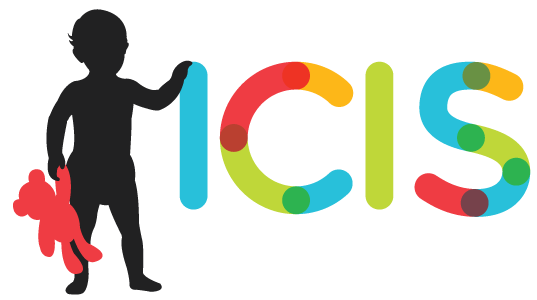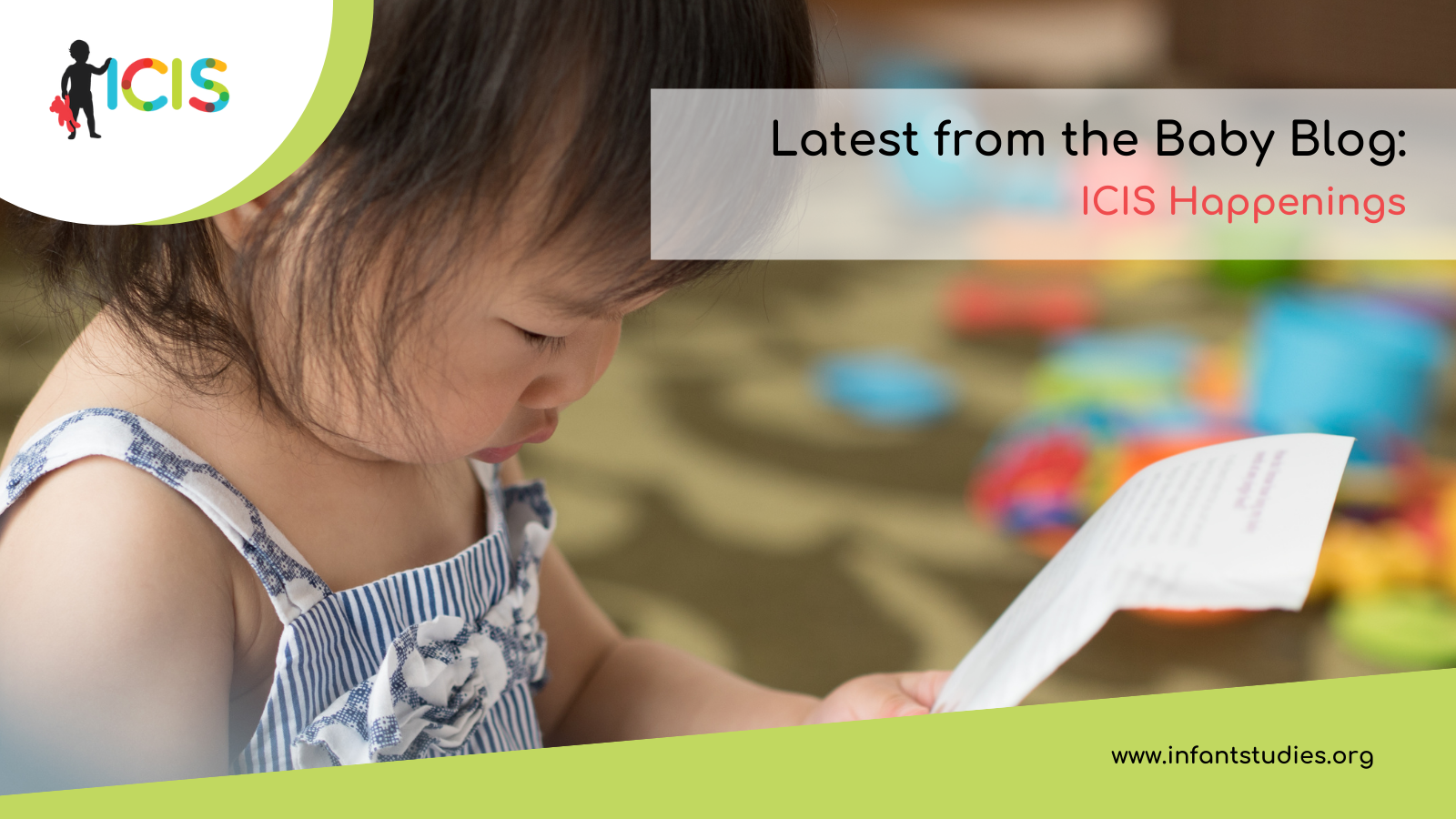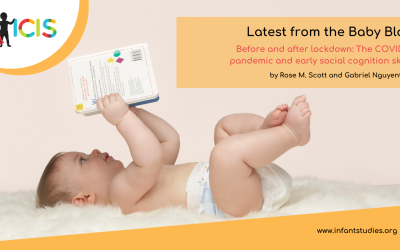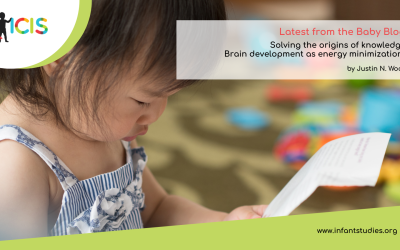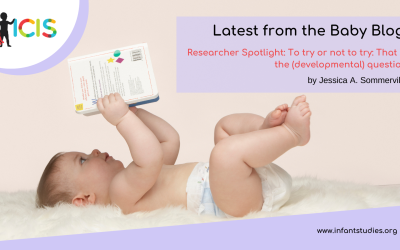by Martha E. Arterberry and Sam Putnam
All infancy researchers know the important roles that undergraduate students play in facilitating our research. They provide invaluable assistance to our labs while gaining an understanding of infant development. In addition, we hope that working on our projects encourages undergraduates to consider infancy science as a career goal. In the early 2000s, thanks largely to the efforts of Wallace Dixon who pioneered the undergraduate committee, the Congress has taken several steps to enhance undergraduate science education and increase research opportunities for undergraduates interested in the field of infancy research.
Four Initiatives
First, ICIS created the Outstanding Undergraduate Award, given at each conference since 2004. The award comes with a cash prize and a plaque, and announcement of this award during the conference has raised awareness of the importance of undergraduates to our field. Many of our winners have gone on to achieve advanced degrees in developmental psychology or pursued allied careers (e.g., pediatrics).
Second, ICIS supports undergraduate student travel to the International Conference for Infant Studies. From 2004 to 2014, funding for student travel was provided by the National Institute of Child Health and Human Development (NICHD). Beginning in 2016, the National Science Foundation (NSF) joined NICHD in funding this initiative, allowing us to support twice as many student attendees. To date, we have supported travel expenses for 101 undergraduates to attend ICIS conferences across the globe. In recent years, the majority of these awards have supported students from under-represented groups. In 2016 and 2018, 74% and 84% of the awardees, respectively, reported being underrepresented race/ethnicities. Moreover, more than half of White awardees were from low income families or were first generation university students. We plan to support another 20 students to attend the 2022 meeting in Ottawa. The opportunities provided by this funding can be transformative, allowing an otherwise unattainable experience that enriches students’ understanding of, and inspiration for, infancy research. As stated by one student in a post-conference survey, ”As an undergraduate, I would not have been able to attend the conference without the award. Attending and participating in the conference was critical to beginning my professional development, and has made a profound impact on my research and career pursuits.” Another student was more succinct: “Keep doing it. It MADE my life!”
Besides providing funding for travel, in recent years, we have also enhanced undergraduate students’ experience by developing undergraduate-specific conference programming. For instance, in the early morning of the opening day undergraduates are welcomed to an orientation session at which they can meet one another and view a presentation on how to get the most from a conference. Students are also given the opportunity to attend a networking session intended to introduce students to researchers whose work they admire; prior to the event award winners are asked to suggest scholars they would like to meet, and these “idols” are contacted with a request to attend the session. We also encourage all investigators who might be accepting graduate students in the near future to attend. We hope that those reading this blog will consider dropping by this session during the 2022 meeting in Ottawa to meet the newest members of our community!
In January 2022, travel award winners from 2016 and 2018 were contacted to learn what directions their careers have taken since they attended ICIS. Of the 16 who have replied to date, 15 are currently in a graduate program, will begin one in fall 2022, or have already completed their graduate studies. It has been extremely rewarding to see how these exceptional students are becoming the newest generation of developmentally oriented professionals.
Of course, not everyone attends a college or university that has faculty members engaged in infancy research. With this in mind, the Committee for Undergraduates and then ICIS-President Karen Adolph felt that we could do more to prepare students, especially those from underrepresented groups, for graduate programs by providing opportunities for hands-on infancy research experience. To this end, a third initiative by the Congress supports students to work in research labs over the summers of 2017 and 2021, with the hope that the students would develop skills and expertise and be able to present their research findings at a future conference. The program is now called the ICIS Founding Generation Summer Fellowships for Undergraduates, in honor of the scholars who played pioneering roles in infancy science.
Seven students participated in 2017 and another eight in 2021. Of these 15 fellows, 14 were from underrepresented groups. When asked to report on their experiences, fellows’ reactions ranged from appreciative to ecstatic. Students remarked about the general increases in their understanding of the field (e.g., “My summer internship definitely opened my eyes to the depth and breadth of infancy science”) as well as specific new skills they developed (e.g., “it was really amazing to be able to actually participate in the coding and data analysis portion of the project”), and how their summer of research influenced their anticipated career paths (e.g., “This summer gave me even more resolve and commitment to pursuing a career in developmental science”). A small symposium in the fall gave the 2021 fellows the chance to describe their summer research, and we hope that all will attend the 2022 meeting in Ottawa to present their work to the Society. Given the success of the 2017 and 2021 programs, the Congress is committed to yearly summer fellowships, and is actively engaging in new fund-raising efforts.
How It All Gets Done
Undergraduate opportunities in infancy science over the past two decades would not have been possible without the dedication of several individuals. We are extremely grateful to our undergraduate committee (current members include Kyle Chambers, Tricia Skoler, Amie Hane, Linda Cote, Rebecca Brand, David Bridgett, Diane Byrd, Jana Iverson, Wally Dixon, Diane Wille and Ann Ellis; Dixon, Willie, and Ellis have been part of the committee since its inception). Amongst other tasks, committee members review applications and assist at meetings. Particularly notable are the donations made by members of ICIS to supplement the Society’s contributions supporting the summer fellowships. We are hopeful that the persons and groups who have graciously supported us so far will continue to do so, and we hope that all members of ICIS will consider making a donation so in order to enable more students to participate in the future.
Undergraduates are not merely consumers of infancy researchers as students in our classes. Rather, they are critical members of our community, providing important connections between infancy science’s past, present, and future. Looking forward, diversity is essential for the ongoing success of our field, and undergraduate scholars provide a diversity of knowledge and perspectives that strongly enhance our collective efforts to understand the complexity of infant development.
For more information about these initiatives and to express interest in joining the Undergraduate Committee, please email Martha Arterberry () or Sam Putnam ().
See also:
Outstanding Undergraduate Award: https://infantstudies.org/merit-awards/
Travel Awards: https://infantstudies.org/2022-congress/travel-awards/
Founding Generation Fellowships: https://infantstudies.org/founding-generation-fellowship/ (Deadline for student applications for summer 2022 is February 15, 2022)
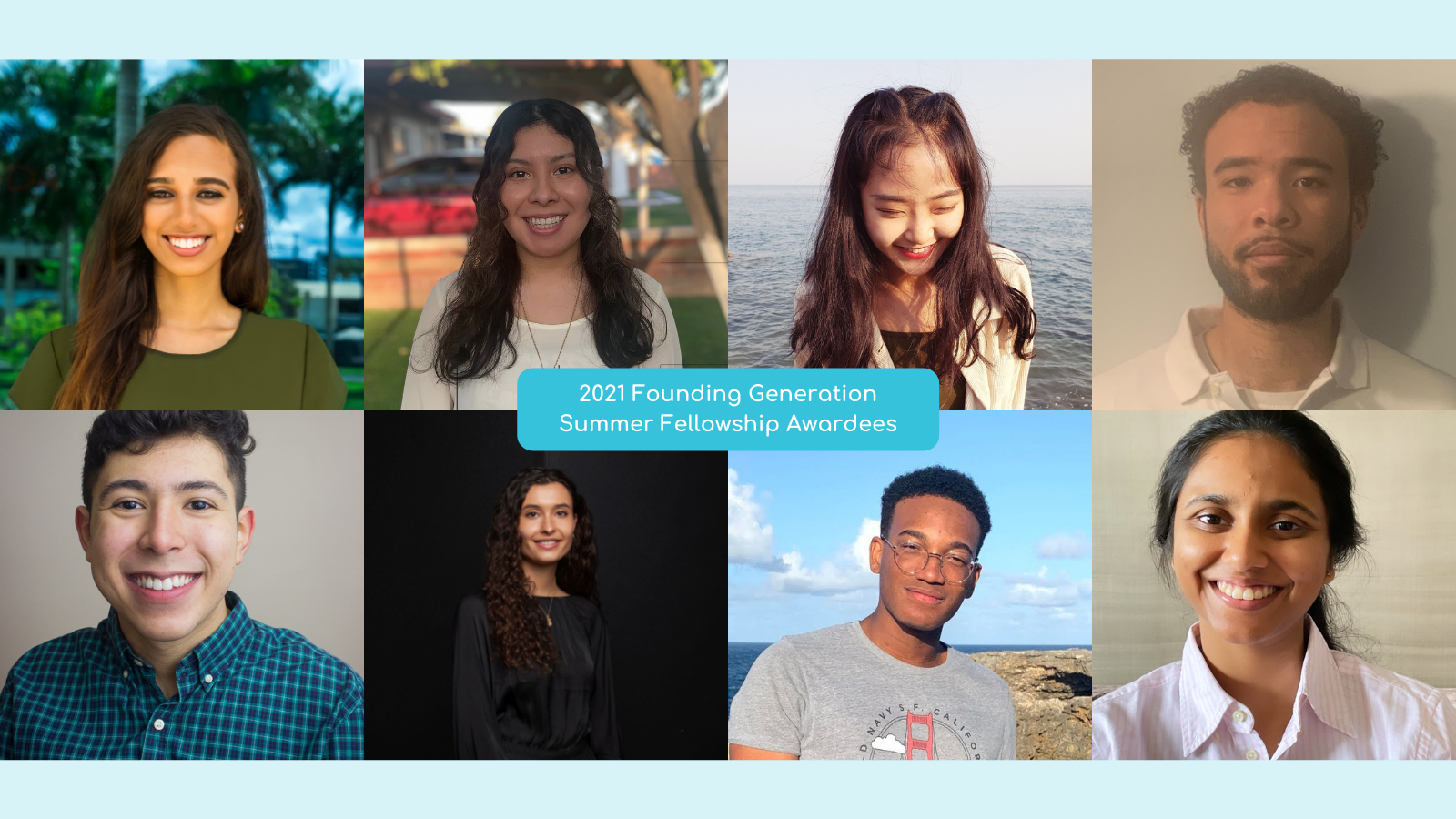
About the Authors

Martha E. Arterberry
Colby College

Sam Putnam
Bowdoin College
